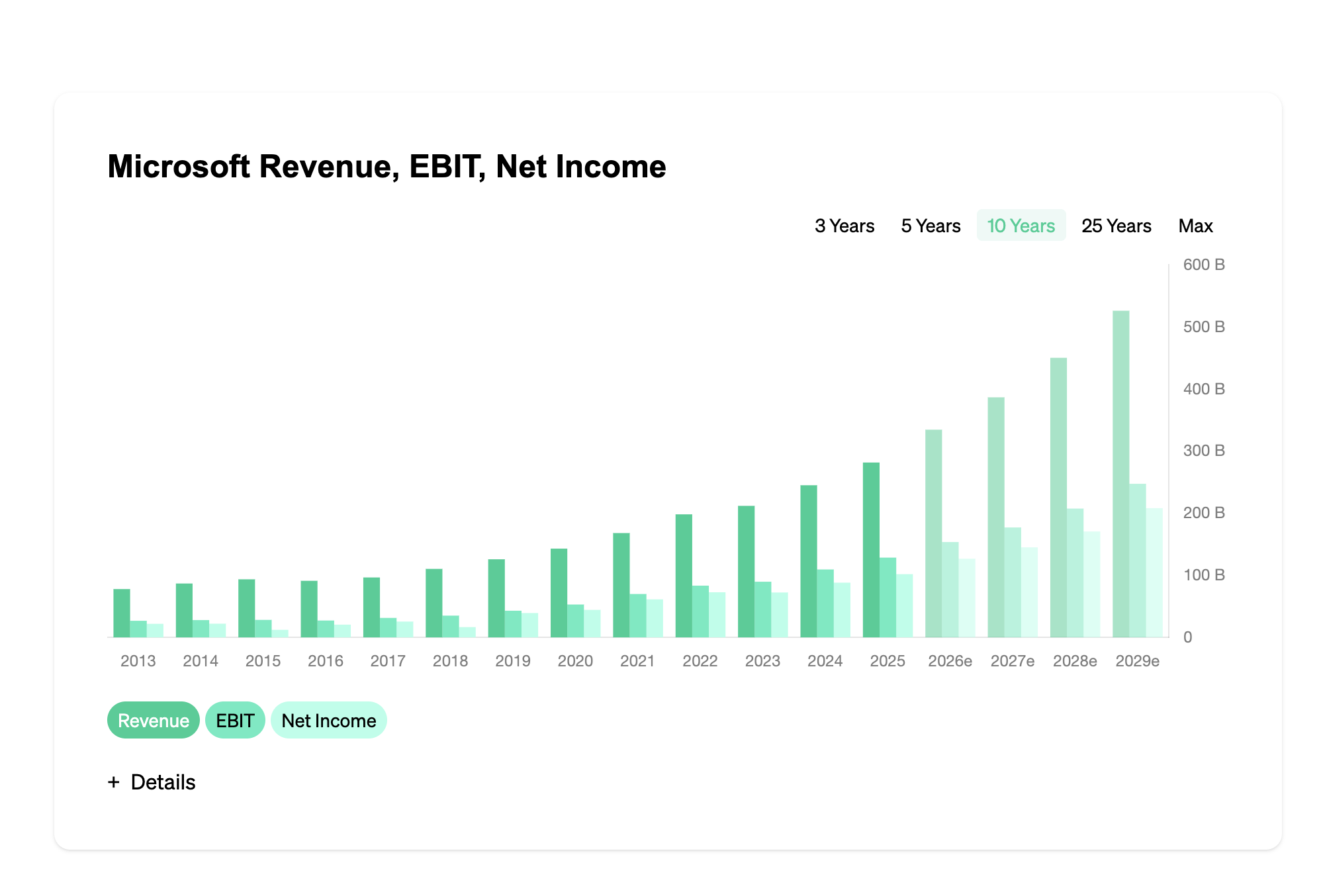Build Own Operate
Definition and Explanation
TL;DR – Brief Definition
Go to FAQs →Build Own Operate: Definition: "Build-Own-Operate" (BOO) describes a business model commonly used in infrastructure development and project financing. It refers to a contractual arrangement where a party, usually a private company or consortium, assumes the responsibility for designing, constructing, owning, and operating a facility or infrastructure asset. This model is prevalent in various sectors, including energy, transportation, telecommunications, and public-private partnerships (PPP). "Build-Own-Operate" projects typically involve a lengthy contractual framework known as a concession agreement, which outlines the rights, obligations, and financial arrangements between the project company and the public entity or grantor. The project company assumes the risk involved in developing and operating the asset, usually financing a significant portion of the project costs through debt and equity. From a financial perspective, the project company may secure funding from various sources, including commercial banks, development banks, institutional investors, and capital markets. The funds acquired are primarily used to finance construction and acquisition costs. The company then generates revenue by operating the asset and charging users (e.g., toll fees for roads, electricity tariffs for power plants) or through a concession fee, as agreed upon in the concession agreement. The "Build-Own-Operate" model offers advantages to both the project company and the grantor. For the project company, it allows them to participate in infrastructure development, providing a steady revenue stream over an extended period. Additionally, the concession agreement guarantees the project company exclusive rights to operate the asset during the concession period. On the other hand, the grantor benefits from "Build-Own-Operate" projects by transferring the risks associated with infrastructure development, operation, and maintenance to the project company. In the case of PPPs, this model allows the government to leverage private sector expertise and resources, avoiding the burden of financing infrastructure projects solely using public funds. Overall, the "Build-Own-Operate" model has proven to be an effective mechanism for infrastructure development and finance. Its flexibility and potential for attracting private investment have made it a popular choice for various capital market participants seeking opportunities in infrastructure projects. With well-structured contractual agreements and sound financial management, "Build-Own-Operate" projects can lead to successful investments, spurring economic growth while fulfilling societal needs. As a leading platform for equity research and finance news, Eulerpool.com provides comprehensive insights into the "Build-Own-Operate" model and its applications in capital markets. With our glossary, investors and market participants can stay informed about this and other terms related to stocks, loans, bonds, money markets, and cryptocurrencies. Stay updated with the latest trends and developments in the industry, supporting your investment decisions with expert knowledge. Visit Eulerpool.com today!
Detailed Definition
Frequently Asked Questions about Build Own Operate
Was bedeutet Build Own Operate?
Definition: "Build-Own-Operate" (BOO) describes a business model commonly used in infrastructure development and project financing. It refers to a contractual arrangement where a party, usually a private company or consortium, assumes the responsibility for designing, constructing, owning, and operating a facility or infrastructure asset.
Wie wird Build Own Operate beim Investieren verwendet?
„Build Own Operate“ hilft dabei, Informationen einzuordnen und Entscheidungen an der Börse besser zu verstehen. Wichtig ist immer der Kontext (Branche, Marktphase, Vergleichswerte).
Woran erkenne ich Build Own Operate in der Praxis?
Achte darauf, wo der Begriff in Unternehmensberichten, Kennzahlen oder Nachrichten auftaucht. In der Regel wird „Build Own Operate“ genutzt, um Entwicklungen zu beschreiben oder Größen vergleichbar zu machen.
Welche typischen Fehler gibt es bei Build Own Operate?
Häufige Fehler sind: falscher Vergleich (Äpfel mit Birnen), isolierte Betrachtung ohne Kontext und das Überinterpretieren einzelner Werte. Nutze „Build Own Operate“ zusammen mit weiteren Kennzahlen/Infos.
Welche Begriffe sind eng verwandt mit Build Own Operate?
Ähnliche Begriffe findest du weiter unten unter „Leserfavoriten“ bzw. verwandten Einträgen. Diese helfen, „Build Own Operate“ besser abzugrenzen und im Gesamtbild zu verstehen.
Reader Favorites in the Eulerpool Stock Market Lexicon
Steuerkapitalisierung
Steuerkapitalisierung bezeichnet eine Methode der Unternehmensbewertung, bei der die steuerbedingten Vorteile eines Unternehmens berücksichtigt werden. Es handelt sich dabei um eine komplexe Finanzierungsstrategie, die für Unternehmen sowohl steuerliche als auch...
Vorratsgründung
Definition: Die Vorratsgründung bezieht sich auf eine Unternehmensgründung im Voraus, bei der eine Gesellschaft in Form einer Aktiengesellschaft (AG) oder einer Gesellschaft mit beschränkter Haftung (GmbH) gegründet wird, ohne dass konkrete...
Staatenverbund
Staatenverbund: Definition, Funktionsweise und Bedeutung für Kapitalmärkte Ein Staatenverbund bezeichnet eine Zusammenschlussform von Nationalstaaten, die im Rahmen einer wirtschaftlichen und politischen Union zusammenarbeiten. Diese Form der zwischenstaatlichen Kooperation zielt darauf ab,...
Messhandel
Als Messhandel wird eine spezifische Art des Handels in den Finanzmärkten bezeichnet, bei dem kurzfristige Transaktionen und hohe Handelsvolumina vorherrschen. Diese Art des Handels zeichnet sich durch schnelle Entscheidungsprozesse und...
Übungsleiter-Freibetrag
Übungsleiter-Freibetrag: Definition, Bedeutung und Anwendung in der Kapitalmarktanlage Der Begriff "Übungsleiter-Freibetrag" bezieht sich auf eine Unterstützung für Personen, die neben ihrer Haupttätigkeit eine ehrenamtliche Trainertätigkeit ausüben. Insbesondere im Bereich der Kapitalmarktanlage...
Marketing Intelligence
Marketing Intelligence bezieht sich auf den Prozess der Sammlung, Analyse und Umsetzung von Daten und Informationen, die zur Identifizierung und Bewertung von Marktchancen sowie zur Unterstützung von Marketingentscheidungen verwendet werden....
verbundene Unternehmen
"Verbundene Unternehmen" ist ein Begriff, der sich auf enge geschäftliche Verbindungen zwischen Unternehmen bezieht. In der Regel handelt es sich um eine Bezeichnung für Unternehmen, die unter gemeinsamer Kontrolle stehen...
REFA-Normalleistung
REFA-Normalleistung bezieht sich auf den Begriff, der in der Kapitalmarktbranche verwendet wird, um die Referenzgröße für die normale Leistung einer Anlage zu beschreiben. Diese Normleistung wird allgemein als Standard oder...
Aufkommensneutralität
Aufkommensneutralität ist ein Fachbegriff, der in der Finanzwelt verwendet wird, um eine Situation zu beschreiben, in der eine Steueränderung keine Auswirkungen auf das gesamte Steueraufkommen eines Landes oder einer Region...
Übereinkommen der Vereinten Nationen über Verträge über den internationalen Warenkauf
Übereinkommen der Vereinten Nationen über Verträge über den internationalen Warenkauf, auch bekannt als das UN-Kaufrecht oder das CISG (Convention on Contracts for the International Sale of Goods), ist ein internationales...

